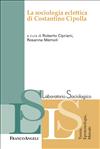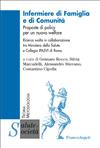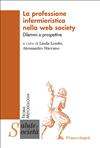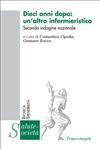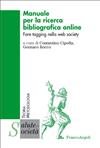The article describes the findings of an exploratory qualitative study, carried out in 8 Italian regions, on the role of Family and Community Health Nursing, as defined by the WHO. Formal recognition of the figure is currently lacking in Italy and there are few studies in this field. A set of local experiences, in which the role of the nurses expresses functions and competencies related to the Family and Community Nursing, was examined. 138 interviews were conducted to identify the emerging models of family nursing in the observed regions. Through the analysis of the interviews, two distinct models were classified: the first is identified in family nursing applied to socially and territorially defined contexts; the second is family nursing applied to the Chronic Care Model. In both models, however, there are three pending issues: the recognition of the professional figure with specific contractual forms; how to overcome obstacles, at least in the prescription of aids and devices; an accurate calculation of the nurse/patients ratio.
